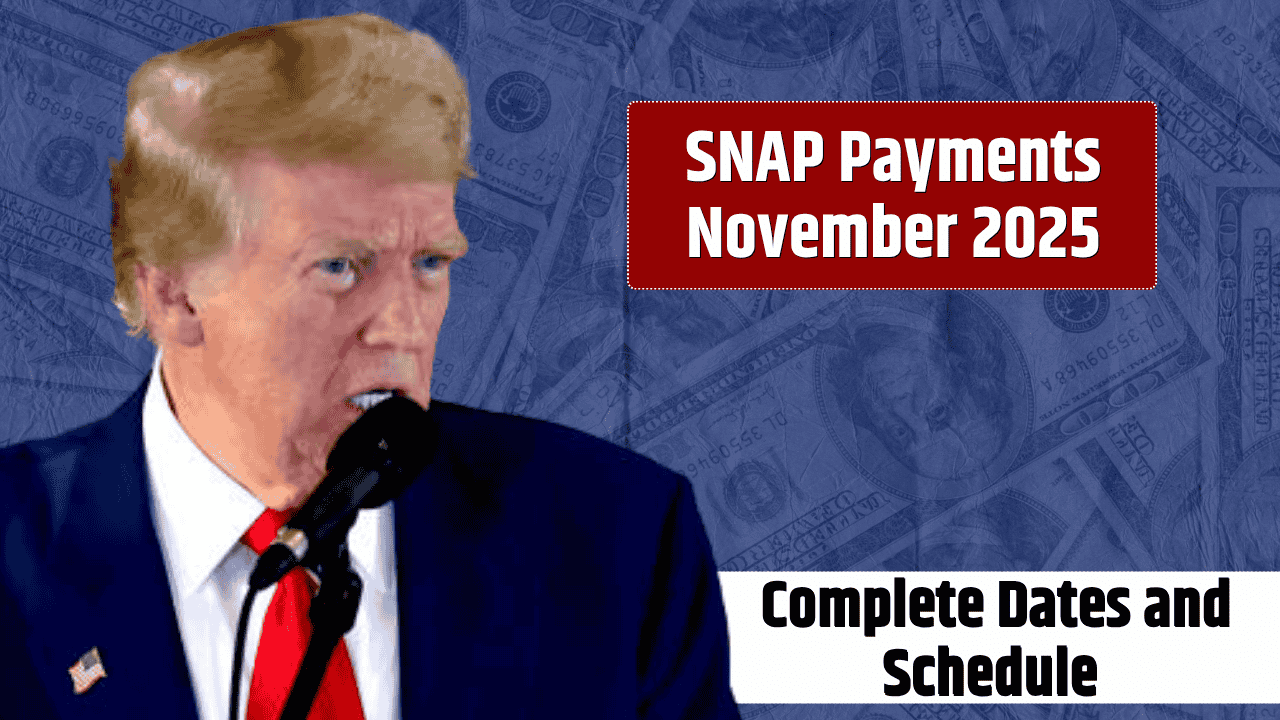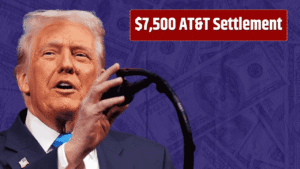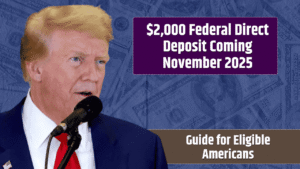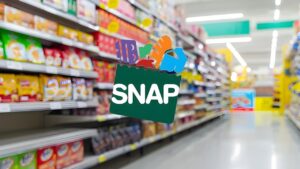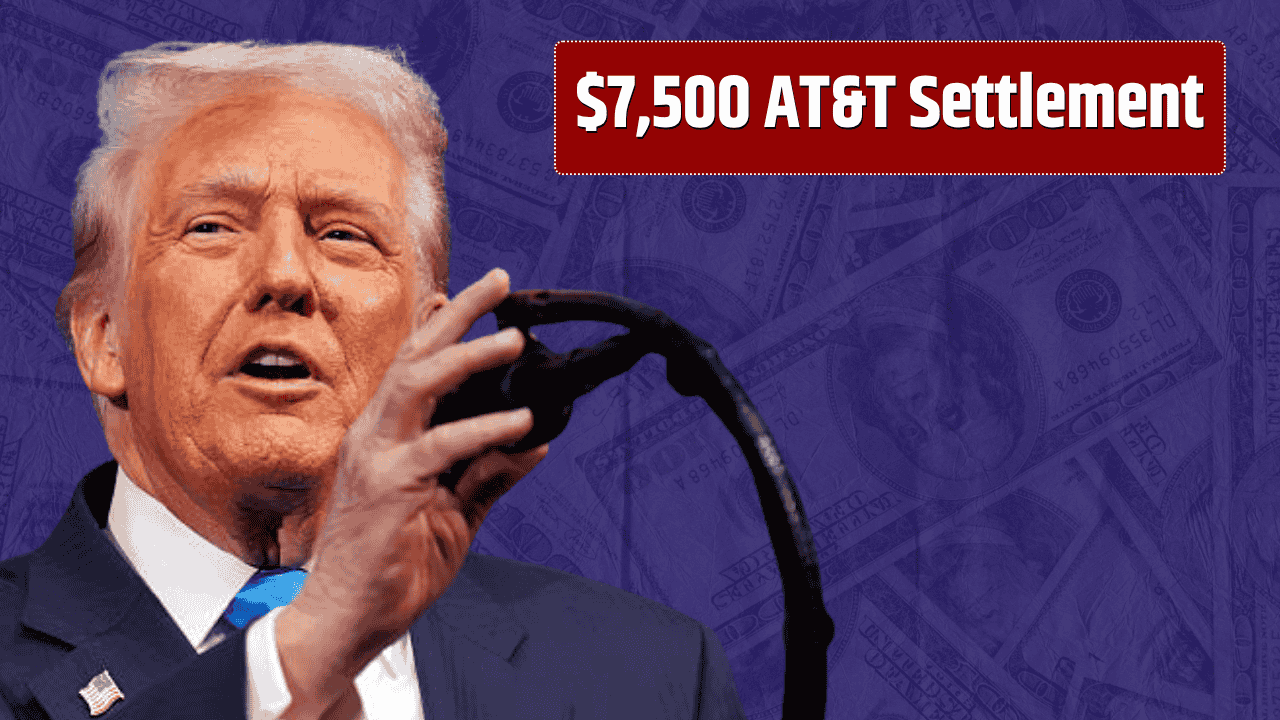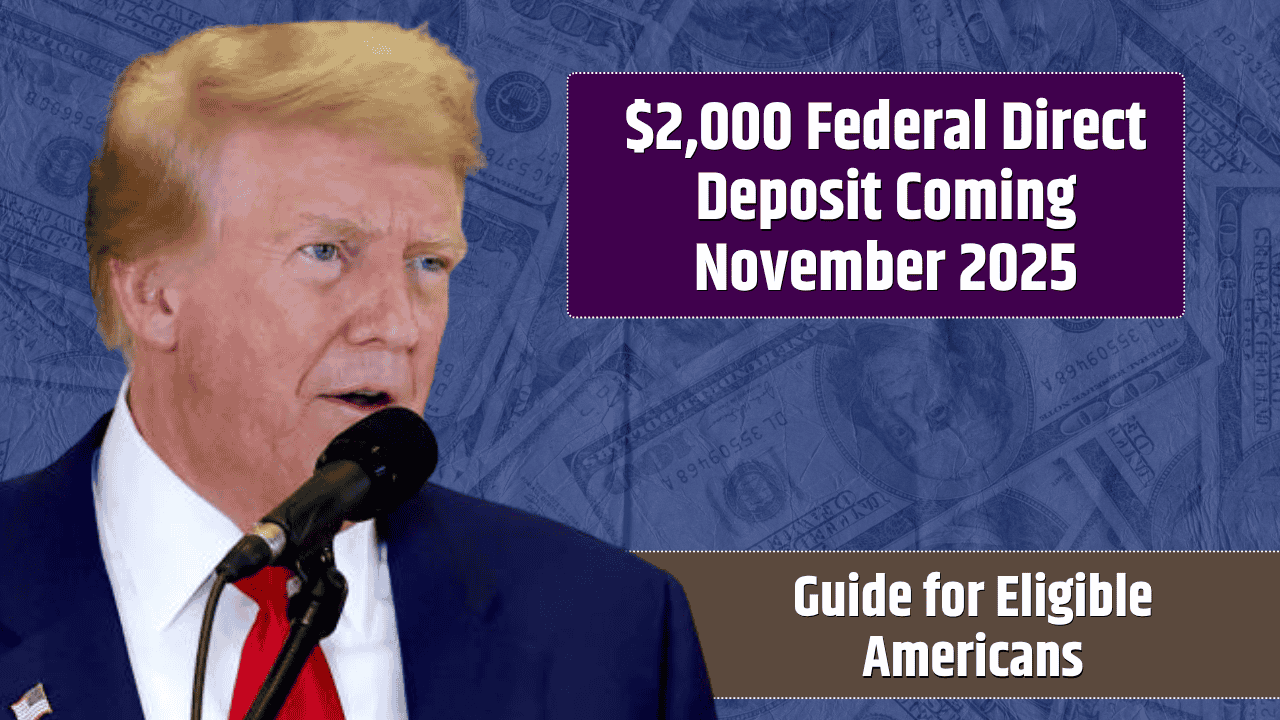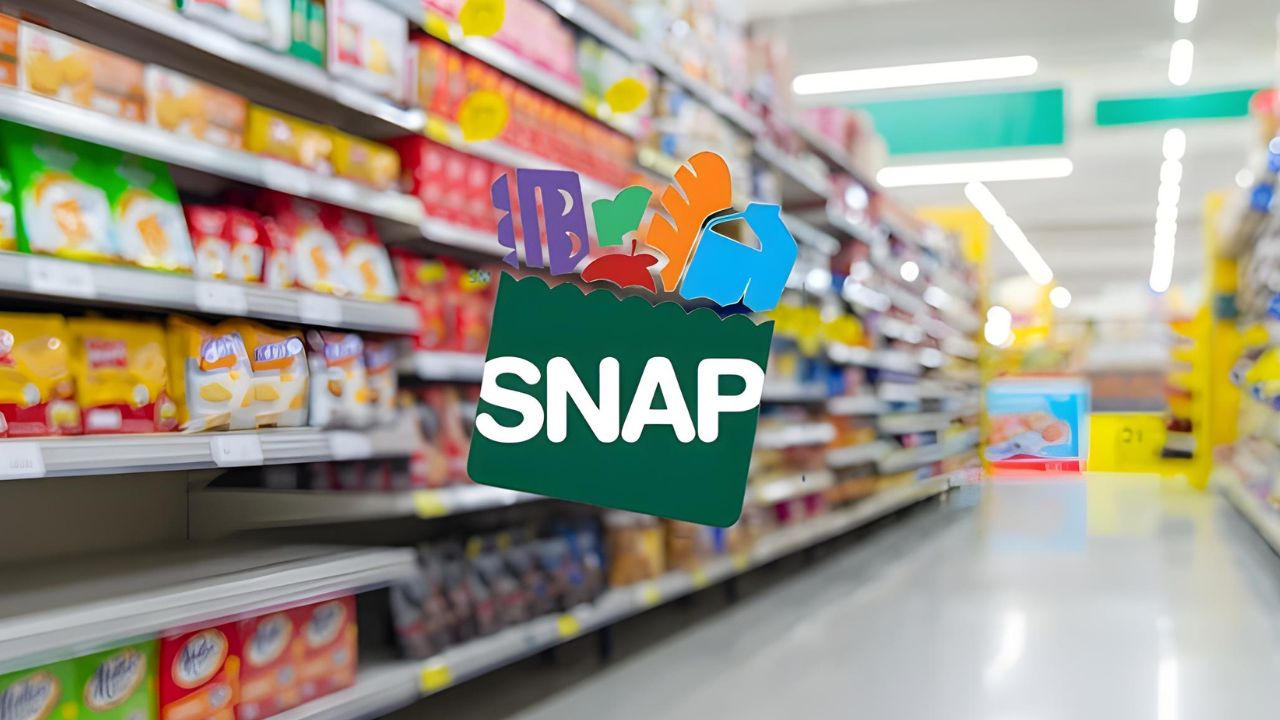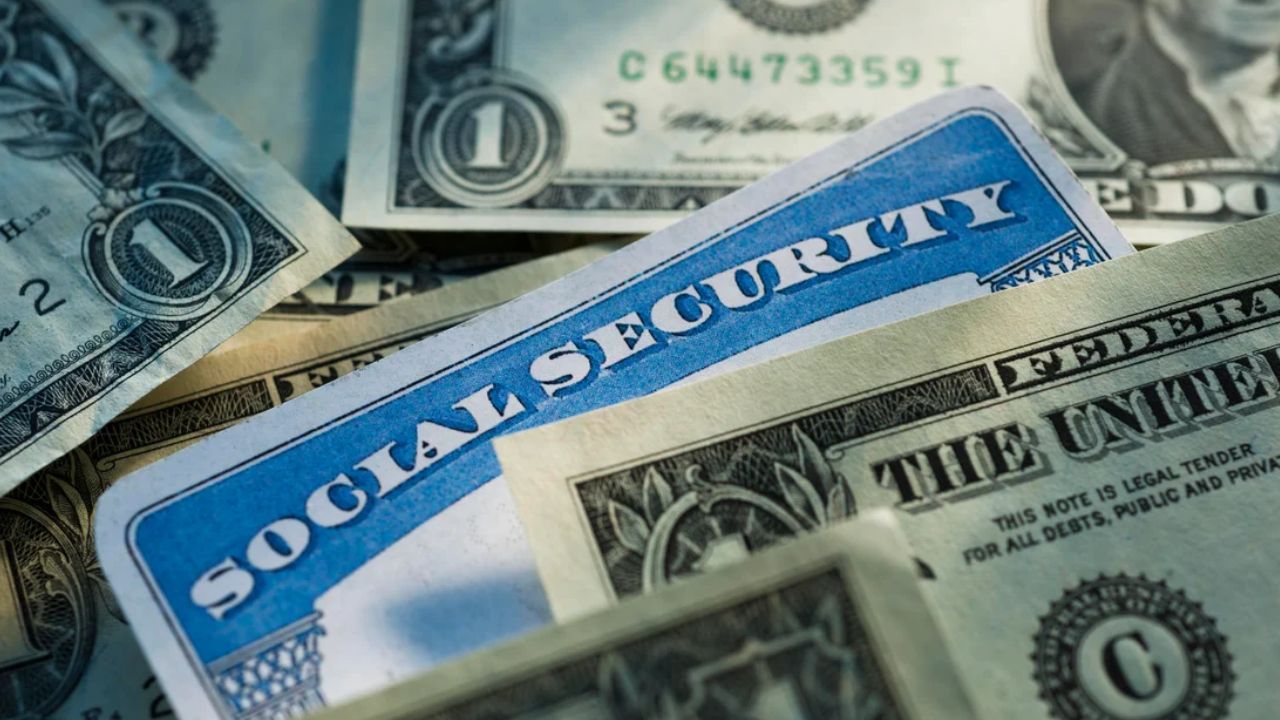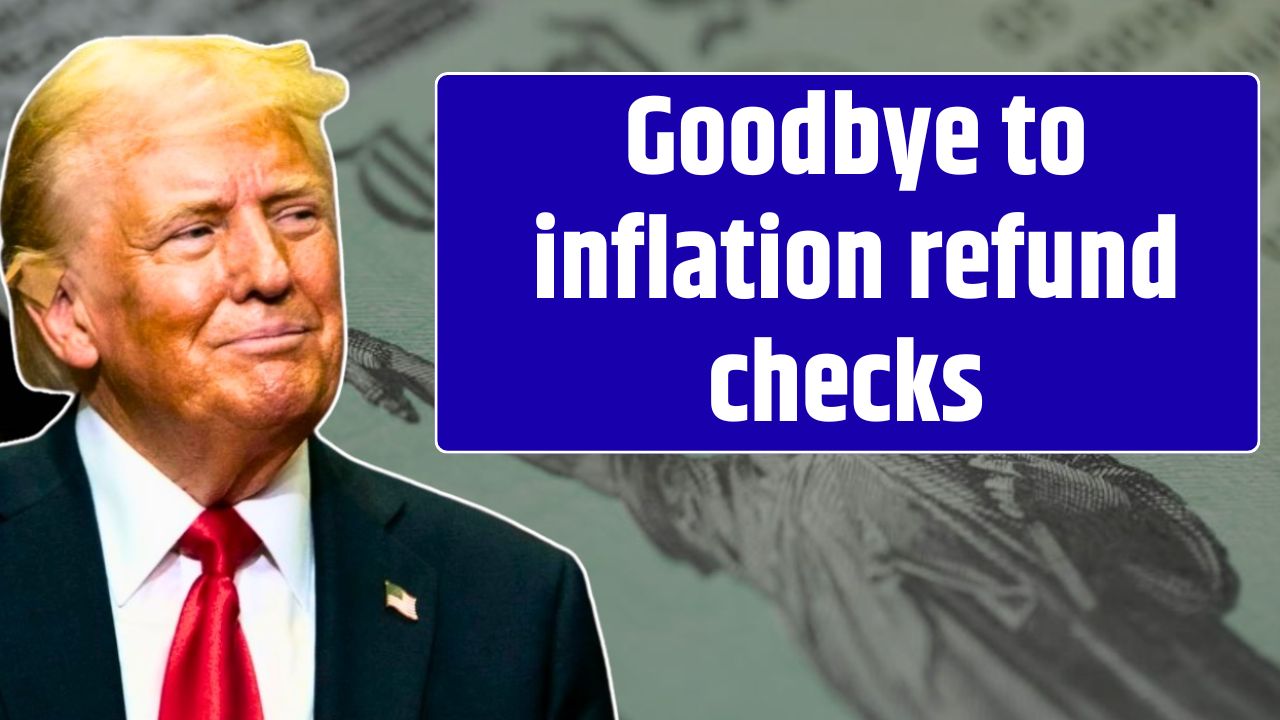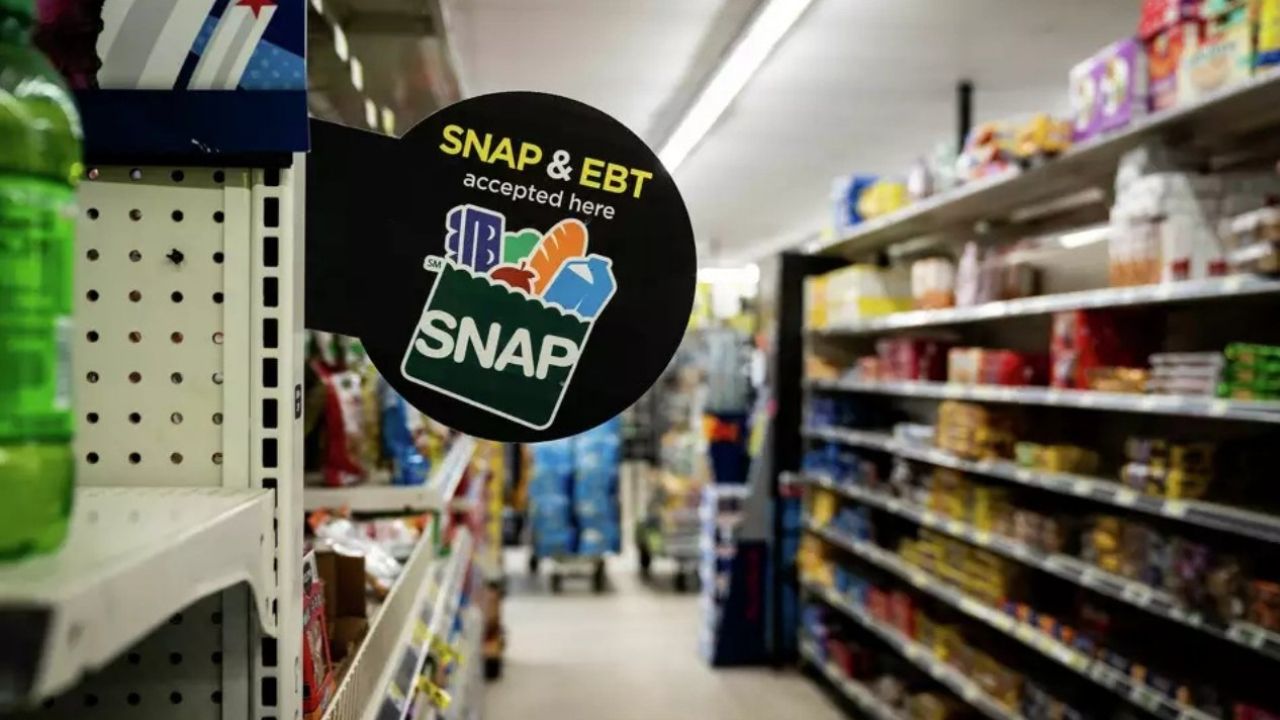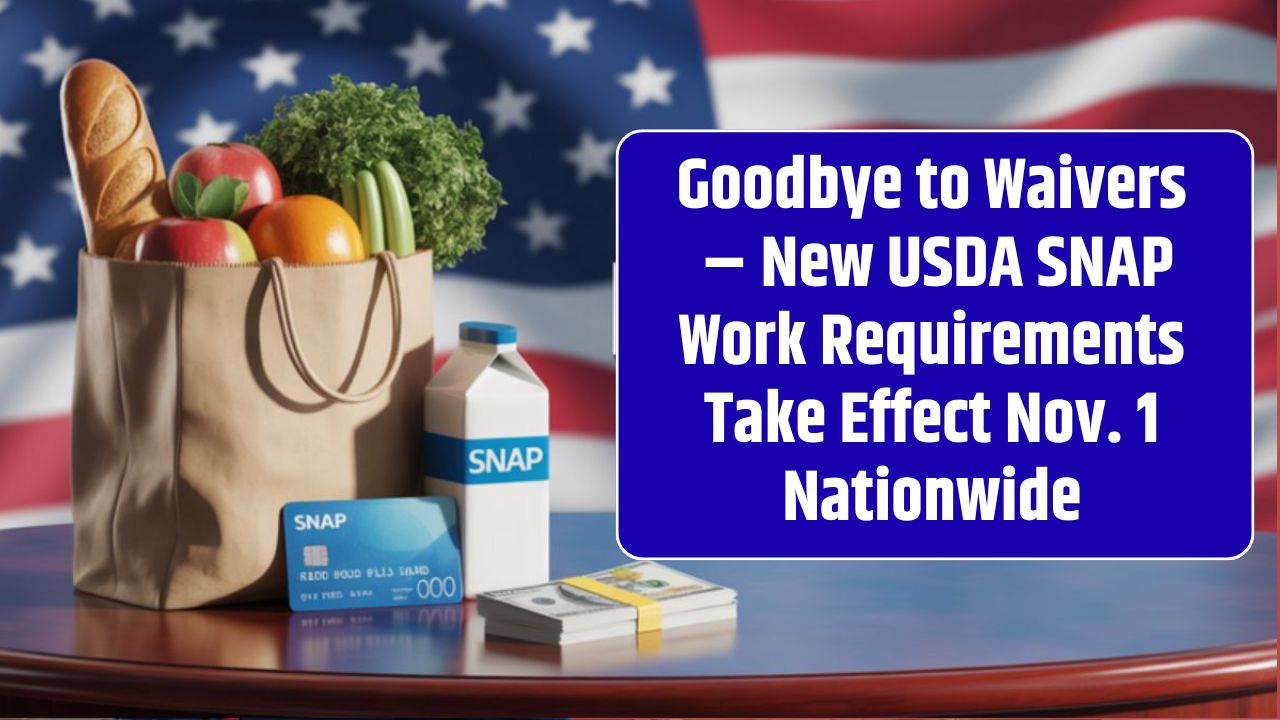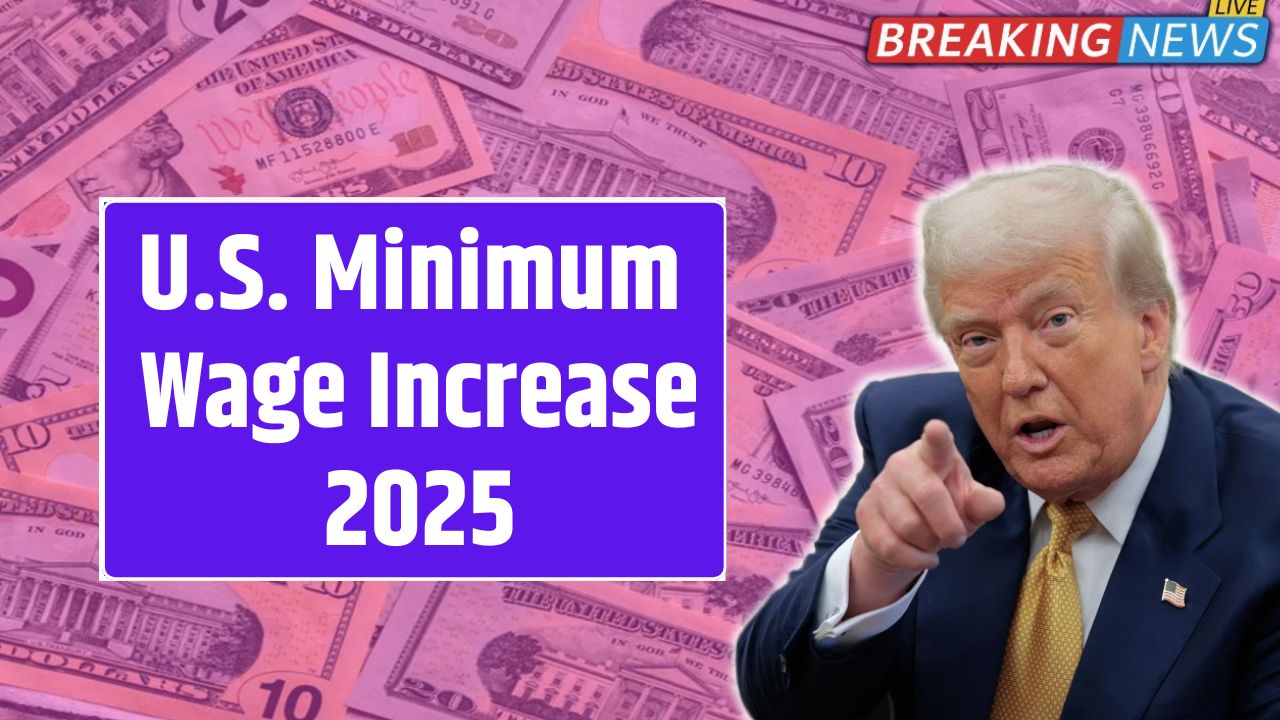For millions of Americans, the start of November means one thing — time for those crucial SNAP deposits to hit their EBT cards. And yes, that lifeline continues this month. But here’s the twist: while payments will still arrive on schedule, a major federal rule change quietly taking effect in November 2025 could redefine who actually qualifies for food assistance going forward.
Roughly 42 million people depend on the Supplemental Nutrition Assistance Program (SNAP) every month to buy groceries and household basics. Benefits land directly on Electronic Benefit Transfer (EBT) cards — the digital successor to old-school food stamps — and can be used in most grocery stores, farmers markets, and even at major retailers like Amazon and Walmart.
But here’s what many don’t realize: there’s no single payday. SNAP is run by individual states, which means your deposit date depends on where you live — and sometimes even the first letter of your last name.
When Will November SNAP Payments Arrive?
There’s no federal schedule for EBT deposits. Instead, states issue funds on a rolling basis, usually between the 1st and the 20th of the month, depending on case numbers or alphabetical order.
If you’re unsure of your exact date, the easiest way to check is through your state’s EBT portal or the USDA’s SNAP State Directory at fns.usda.gov/snap/state-directory.
Here’s a quick overview of how some states distribute benefits:
| State | Deposit Schedule (Approx.) | Distribution Basis |
|---|---|---|
| California | 1st–10th | Last digit of case number |
| Texas | 1st–15th | Last two digits of EDG number |
| Florida | 1st–28th | 9th and 8th digits of case # |
| New York | 1st–9th | Varies by county |
| Illinois | 1st–20th | Case number or SSN |
| Georgia | 5th–23rd | Last two digits of ID number |
Each state’s exact calendar can change slightly, especially around holidays or system upgrades, so it’s best to double-check through official portals before planning grocery runs.
The New Rulebook: OBBBA and Stricter Work Requirements
While payments themselves aren’t delayed, November 2025 marks the debut of new federal guidelines tucked inside the One Big Beautiful Bill Act (OBBBA) — legislation that’s rewriting parts of how SNAP eligibility is determined.
At the core of this shake-up is a term you’ve probably seen tossed around before: “Able-Bodied Adults Without Dependents,” or ABAWDs. These are adults aged 18 to 64, who have no dependents and are physically and mentally capable of work.
Under current law, ABAWDs can only receive SNAP for three months within a three-year window unless they meet certain work-related requirements — typically 80 hours of work, training, or volunteering per month.
The OBBBA tightens those rules. Some older adults, veterans, and previously exempt unhoused individuals will now need to document consistent work, training, or volunteer hours to stay eligible.
Who Still Qualifies for an Exemption?
Despite the tougher framework, not everyone falls under the 80-hour rule. The USDA outlines several exemptions for:
- Individuals with disabilities (physical or mental)
- Pregnant people
- Caretakers of children or incapacitated adults
- Those medically certified as unfit for work
These groups will need to submit documentation to their local SNAP offices to maintain their exemption. Missing a verification deadline, even accidentally, can lead to a temporary suspension of benefits.
Why It’s Sparking a Political and Moral Firestorm
The OBBBA’s stricter standards have divided Washington. Supporters — mainly fiscal conservatives — argue it’s about “accountability” and reducing long-term dependency.
Critics see something very different. “SNAP is meant to fight hunger, not test work ethics,” said Kelly Rowe, policy director at a New York anti-hunger coalition. “We’re talking about people who are already on the edge — cutting them off after 90 days doesn’t create jobs, it just deepens poverty.”
The U.S. Department of Agriculture (USDA) itself has acknowledged that enforcing these new requirements could strain state agencies, many of which are already juggling staffing shortages and post-pandemic backlogs. States will need to notify recipients, verify work hours monthly, and handle appeals — a tall order for agencies running on thin budgets.
What Recipients Should Do Right Now
If you currently receive SNAP and aren’t sure whether the new rules affect you, here’s what experts recommend:
| Step | Action |
|---|---|
| 1 | Read every notice from your state SNAP office — they often include critical deadlines. |
| 2 | Document your hours early if you work, volunteer, or train regularly. |
| 3 | Contact your local SNAP office to confirm whether you qualify for an exemption. |
| 4 | Keep your contact info updated in your online account so you don’t miss reminders. |
And if you lose benefits temporarily? You can appeal. Every state has a fair hearing process, usually handled through the Office of Administrative Hearings or a similar department.
The Bigger Picture: Hunger vs. “Self-Sufficiency”
SNAP has long sat at the intersection of compassion and controversy. Lawmakers behind the OBBBA argue that tying benefits to work pushes people toward economic independence. Opponents say it ignores the hard math of living in low-wage America.
Even before these changes, food insecurity affected over 17 million U.S. households in 2024, according to USDA Economic Research Service data. Add inflation — food prices have jumped about 20% since 2020 — and you’ve got a perfect storm where even short interruptions in benefits can mean bare cupboards.
Local food banks, already stretched thin, are bracing for an uptick in demand once the stricter limits kick in. “We’re preparing for longer lines,” said a volunteer coordinator in Detroit. “When benefits lapse, people come here first.”
FAQs
When will I get my SNAP benefits in November 2025?
Most states deposit benefits between November 1 and November 20, based on your case number or last name.
Will my benefits stop because of the new law?
Not automatically. But if you’re classified as an ABAWD and don’t meet the 80-hour monthly work requirement, your benefits could be limited to three months.
I’m disabled. Do I have to meet the work rule?
No. Individuals with disabilities are exempt but must submit proof to their local SNAP office.
Are veterans or unhoused people still exempt?
Not necessarily. The OBBBA removes automatic exemptions for some groups, requiring case-by-case verification.
How can I check my payment date or eligibility?
Visit the USDA SNAP State Directory at fns.usda.gov/snap/state-directory for official contact info and payment calendars.

